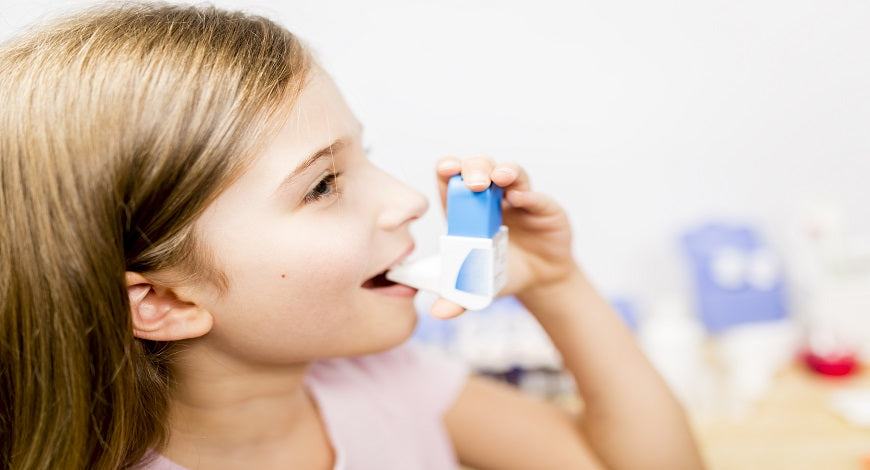Many individuals suffer from allergies and asthma when their immune system produces antibodies against certain ‘allergens’. These are usually harmless substances that the body has decided to build a defence against. Pollen, dust, animal hair and various foods are common causes of allergies. When our antibodies work to neutralise whichever foreign substance they have been exposed to, the release of histamine is triggered.
The result is the symptoms that we recognise as an allergy or asthma, for example, inflammation, wheezing, runny nose and weeping eyes are commonly seen.
The Histamine & Hydration Connection
Histamine plays two roles inside our bodies, aside from being a major part of our immune response system, it also regulates the water level inside our cells. Dehydration suppresses the immune system, which can leave our body even more vulnerable to allergens.
The irritation and inflammation that cause so much suffering can be greatly alleviated by drinking plenty of water. Dr. F. Batmanghelidj, author of “Water, Your Body’s Many Cries for Help’ explains in detail here:
“You can naturally prevent allergies and asthma by drinking more water. When you understand the physiology of the human body and the role of histamine in its water regulation and drought management, you realize that chronic dehydration in a vast majority of people is the primary cause of allergies and asthma. Increased water intake—on a forced, regular basis—should be adopted as a preventive measure as well as the treatment of choice.”
He specifically states here how water should be used as a precaution against allergies, in much the same way that many people take antihistamine tablets when they anticipate being around known allergens.
“In those who have had attacks of asthma or allergic reactions to different pollens or foods, more strict attention to daily water intake should become a preemptive measure. These people will also have other indicators of dehydration they need to recognize and treat accordingly before a crisis attack of asthma endangers their lives and exposes them to possible, premature death. Don’t forget, the chemical pathways dealing with dehydration have no ‘brain’; they rush forward like a cascade. They are actually called ‘chemical cascades’. These dehydration-induced chemical cascades kill many thousands of asthmatics a year. They are easily ‘turned off’ by water and salt, two strong, natural antihistamines.”
Eliminating Allergens
In addition to keeping well hydrated, it would be of benefit to eliminate foods that could potentially trigger an allergic response. Starting with a basic restricted diet and gradually reintroducing foods would allow you to find those that cause a physiological reaction.
While water can reduce the severity of the body’s response, it would still be wise to limit the amount of a known allergen that you ingest. Damage to the intestine walls can occur through continued exposure to substances that the body considers to be toxic. This could reduce the amount of nutrients that the villi in the gut are able to absorb, potentially resulting in chronic fatigue and depression.
Reach For Water Not Antihistamine Pills
It is vitally important to drink enough water to keep the body properly hydrated. Chronic dehydration affects the majority of the adult population of the Western World, and in direct correlation allergies and asthma are rife.
We know that water is necessary to enable the body to function at it’s optimum level, it aids in all processes that take place unseen. It is therefore not surprising to learn that the immune response system is greatly impaired when the body is dehydrated.
Rather than reaching for pills to impede your body’s natural histamine production, why not consider increasing your water intake each and every day. This should reduce your symptoms quickly and effectively.
Maintaining a well hydrated body will give you time to gradually eliminate items from your diet so that you can identify those that your body can not tolerate, thus preventing the need to release that cascade of chemicals which causes allergies and asthma in the first place.




























Leave a comment